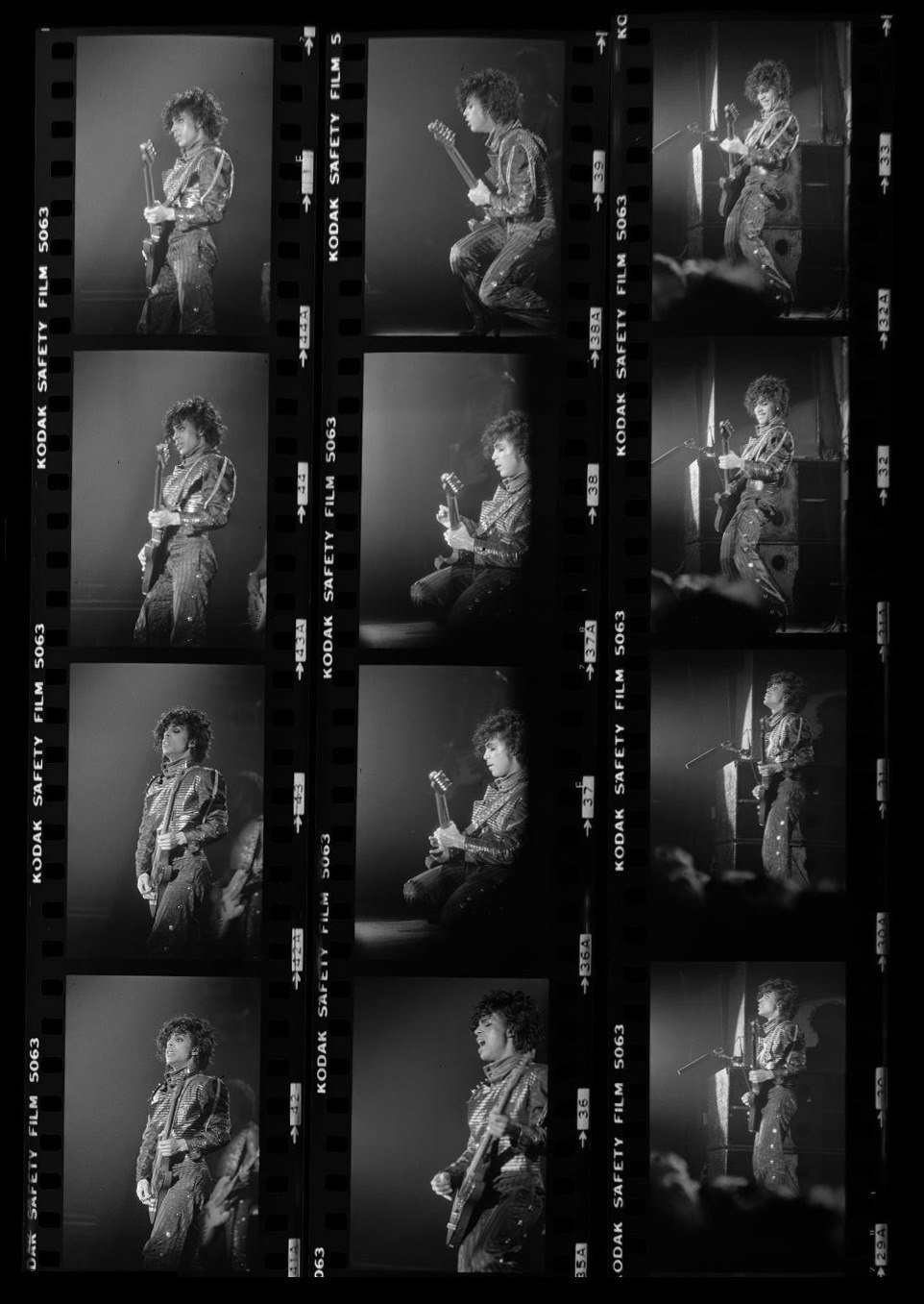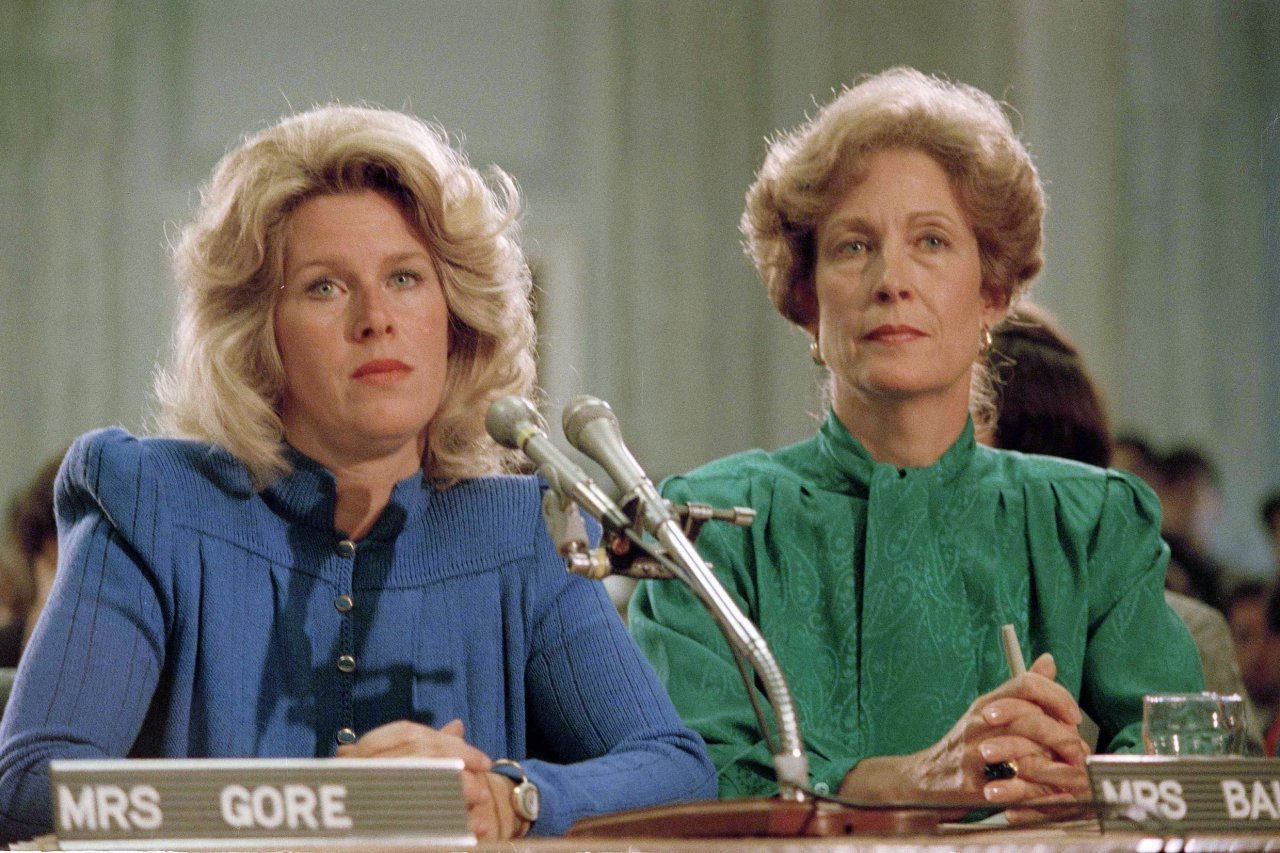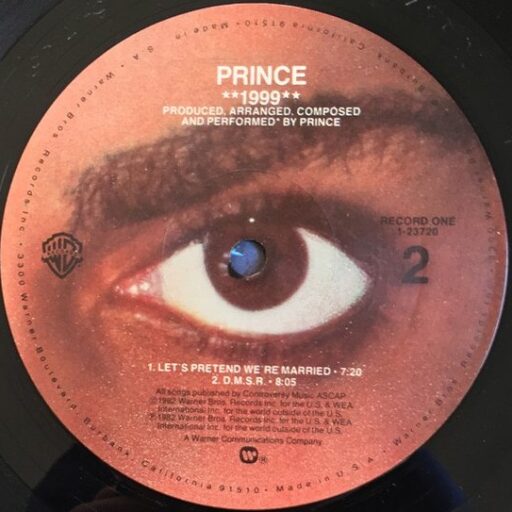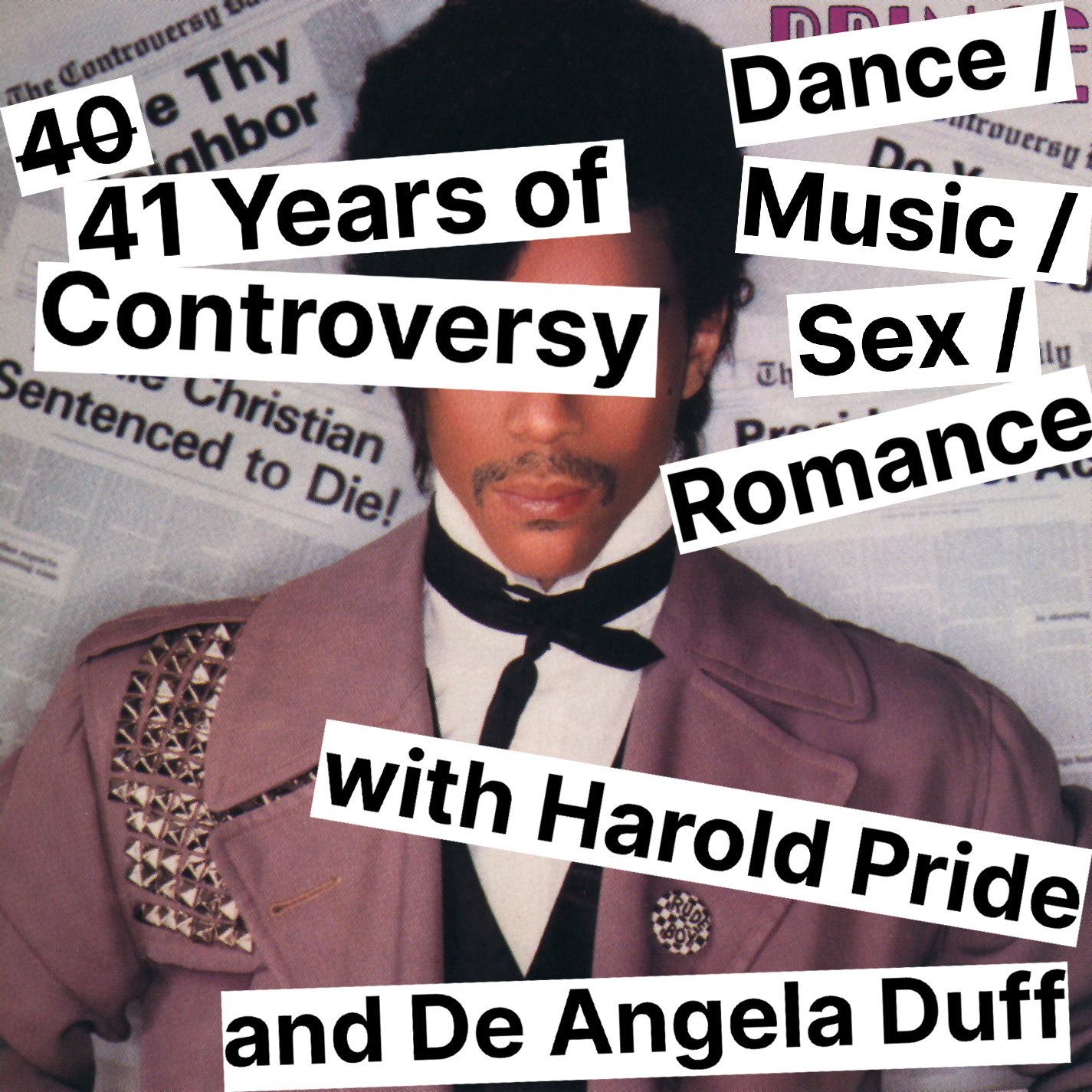Tag: led zeppelin
-

Purple Rain (Verse 2)
Listening to the recording today, almost 40 years after it was captured from a mobile unit parked outside First Avenue, is an almost eerie experience.
-

Darling Nikki
“Darling Nikki” would become Purple Rain’s standard-bearer for the “danger” of Prince albums past.
-
Wild and Loose
“Wild and Loose” is centered around one of the most prevalent scenarios in the life of a touring musician: the backstage (and back-of-bus) dalliances between the band and their young, female admirers.
-
Prince’s Film Debut, The Second Coming: A Review from an Alternate Timeline
Part concert movie, part onanistic daydream, The Second Coming splits its authorial credit between music video director Chuck Statler and the preening star–and frankly, it shows.
-
The Second Coming
“The Second Coming” attempts to tie together the thematic threads of the Controversy album, turning the accompanying live show into a conceptual experience.

